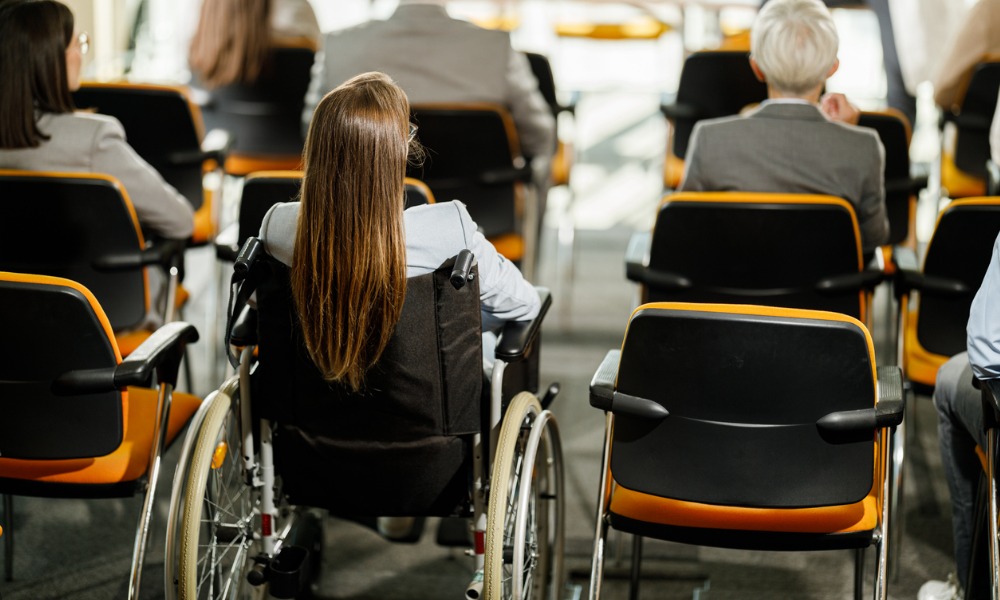
Ensuring lawyers understand how new approaches to EDI impact communities will strengthen our profession

The COVID pandemic ushered in a shocking era — the worldwide exposure of inequities:
Understanding human rights, premised on the belief that everyone has inherent value and deserves equal dignity, is critical to addressing these persistent inequities. The Supreme Court of Canada notes that human rights have a “special, quasi-constitutional status” in our laws. Therefore, they deserve the same status in the Canadian law school curricula, starting in the first year. Forearmed with knowledge and empathy, students will become better lawyers, colleagues, and citizens.
But don’t law schools already teach human rights law? Based on available information, my review of course offerings at 18 English-speaking Canadian law schools reveals disparities. Indeed, most law schools offer domestic or international human rights law courses (12 of 18); few provide both, and none are mandatory. Four schools provide race-based courses, and Indigenous law is offered at 16 of the 18 schools, fulfilling two recommendations in the Truth and Reconciliation Commission of Canada: Calls to Action report.
Only a handful of schools offer disability law (none consistently), except for the disability law intensive program at Osgoode Hall Law School. Some focus on mental health law, while others teach elder law (disability increases with age). Toronto Metropolitan University’s Lincoln Alexander School of Law offers a new disability law course in fall 2023.
There is a persuasive argument for offering disability law, primarily because law students will experience disability among their classmates and future colleagues and clients. According to the 2017 Canadian Survey on Disability, over six million Canadians (22.3 percent of our population) identify as living with one or more disabilities; adding their friends, family, and colleagues results in more than half of our society feeling the impact of disability.
When the latest disability survey is released at the end of this year, I predict the self-identification numbers will jump to 40 percent or higher due to greater awareness and less stigmatization of mental health, increased understanding of what constitutes a disability, and the acquisition of disability by the aging baby boomer generation. In addition, over half of the provincial, territorial, and federal Human Rights Commission and Tribunal applications are on the grounds of disability discrimination, more than all the other protected grounds combined. Disability awareness and eradicating discrimination on this basis must move into the mainstream.
COVID has increased the focus on human rights, underscoring the importance of applying an equity lens. New approaches to equity, diversity, and inclusion ensure that human rights issues will continue to impact governments, public institutions, and the private sector. In an increasingly globalized world, human rights law knowledge is helpful across all law sectors. Familiarity with international and domestic frameworks applies to private and public law disputes, commercial cases, and those affecting individuals. There is an emphasis on human rights law in procedural matters and pro bono work, and human rights significantly impact criminal and family law. Human rights knowledge provides new insight into current affairs. And on it goes.
To paraphrase Maya Angelou, COVID’s inequity exposures urge us to do better now that we know better. I implore Canadian law schools to consider human rights legal education as foundational as the mandatory offerings. My proposition has a broader application to law and life and is desperately needed to create a more inclusive and empathetic profession.